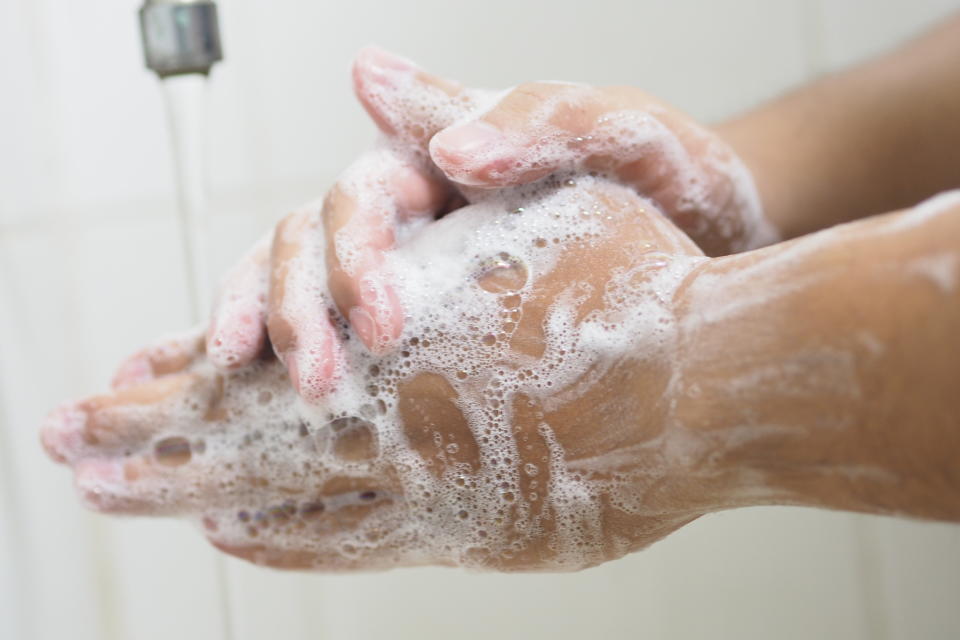Website warns you whenever you touch your face so you don't get coronavirus

In the wake of public health advice to avoid touching your own face to prevent coronavirus, a new website demonstrates just how often you do it.
Do Not Touch Your Face uses a webcam to show users how often they touch their face, with alerts delivered via the site.
Its makers claim that using the site trains a machine learning algorithm to recognise when people are touching their face - and also offers tips on how to avoid Covid-19.
The site says that not touching your face is “one action you can take to prevent getting Covid-19”.
“Other things you should do: stay home if you're sick and avoid contact with other sick people,” it adds.
Read more: British volunteers to be infected with coronavirus
In the UK, for example, the government has recommended regular hand washing of 20-second periods using soap and water or hand sanitiser.
US advice recommends avoiding close contact with people who are sick, not touching your eyes, nose and mouth, and disinfecting frequently touched objects and surfaces.

Donald Trump recently told airline CEOs: "I haven't touched my face in weeks. I miss it."
Internet users swiftly found evidence that Trump had, in fact, touched his face many times in recent days and weeks.
Read more: Disinfect your phone twice a day to stop coronavirus
The government announced the UK will remain in the "containment" stage of its response rather than moving to phase two of the four-part plan to tackle the virus: delay.
The delay stage will mean the government ramping up efforts to delay the spread of the illness, by considering closing schools, postponing or cancelling large-scale gatherings and encouraging people to work from home.
Downing Street said the prime minister "will be guided by the best scientific advice" and that there was no need to cancel sporting events at this stage.
On Monday the Irish government decided to cancel the St Patrick’s Day parade in Dublin after advice from the National Public Health Emergency Team.
Read more: British volunteers to be infected with coronavirus amid scramble to develop vaccine
But British health secretary Matt Hancock said the UK would “make the right choices of which action to pursue at the right moment”.
“The scientific advice is clear: acting too early creates its own risk,” he said. “So we will do what is right to keep people safe. Guided by the science, we will act at the right time.”
Hancock said the NHS was “well prepared”, with record numbers of doctors and nurses.


